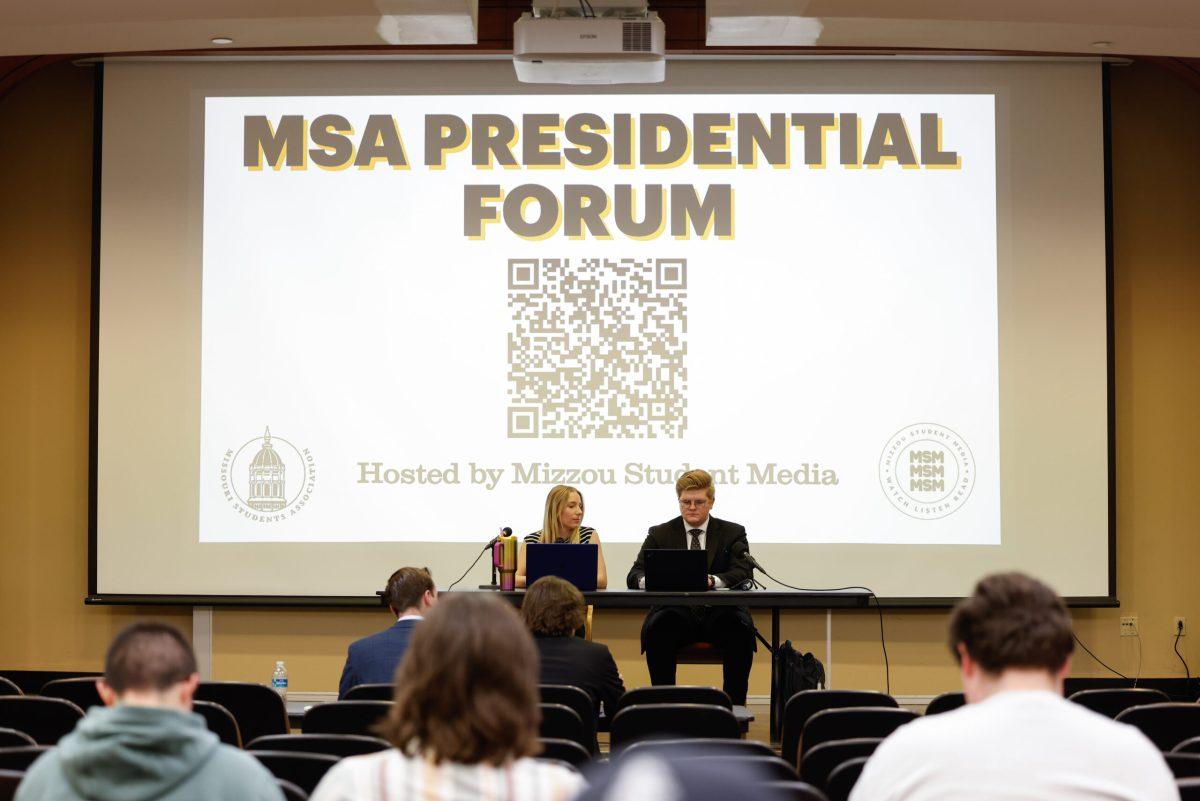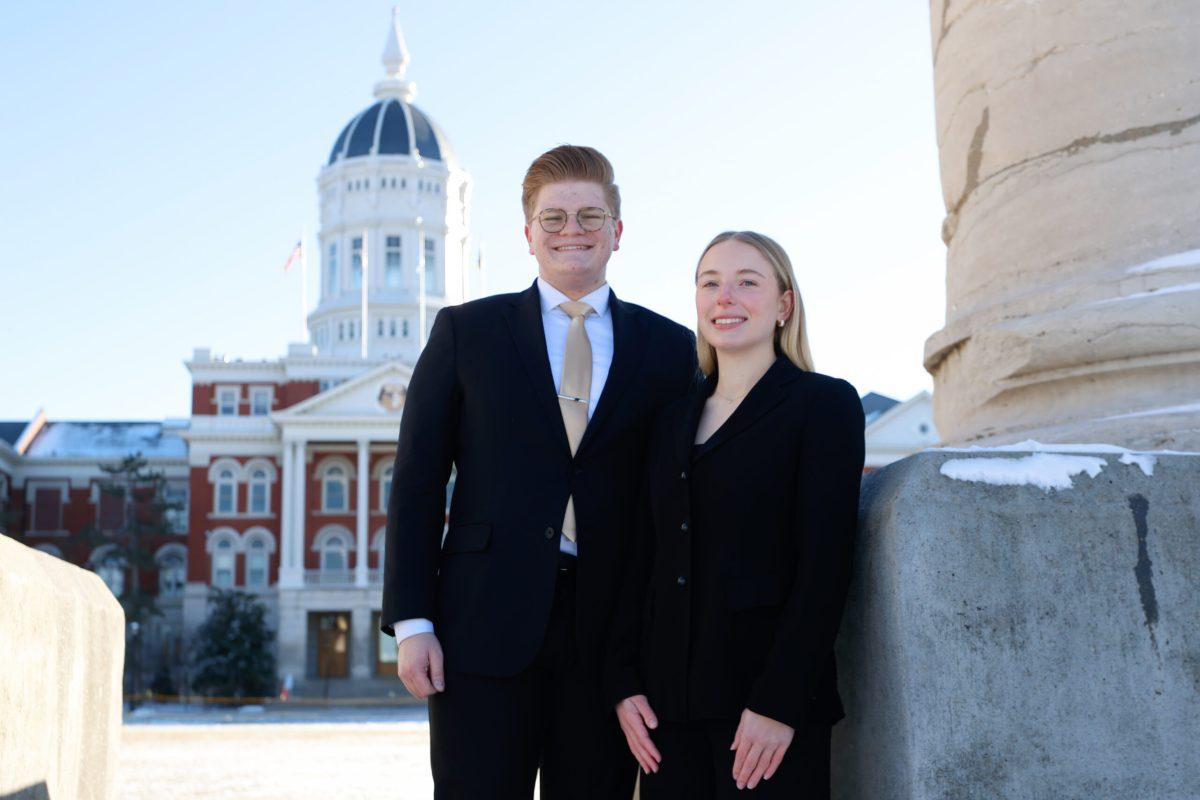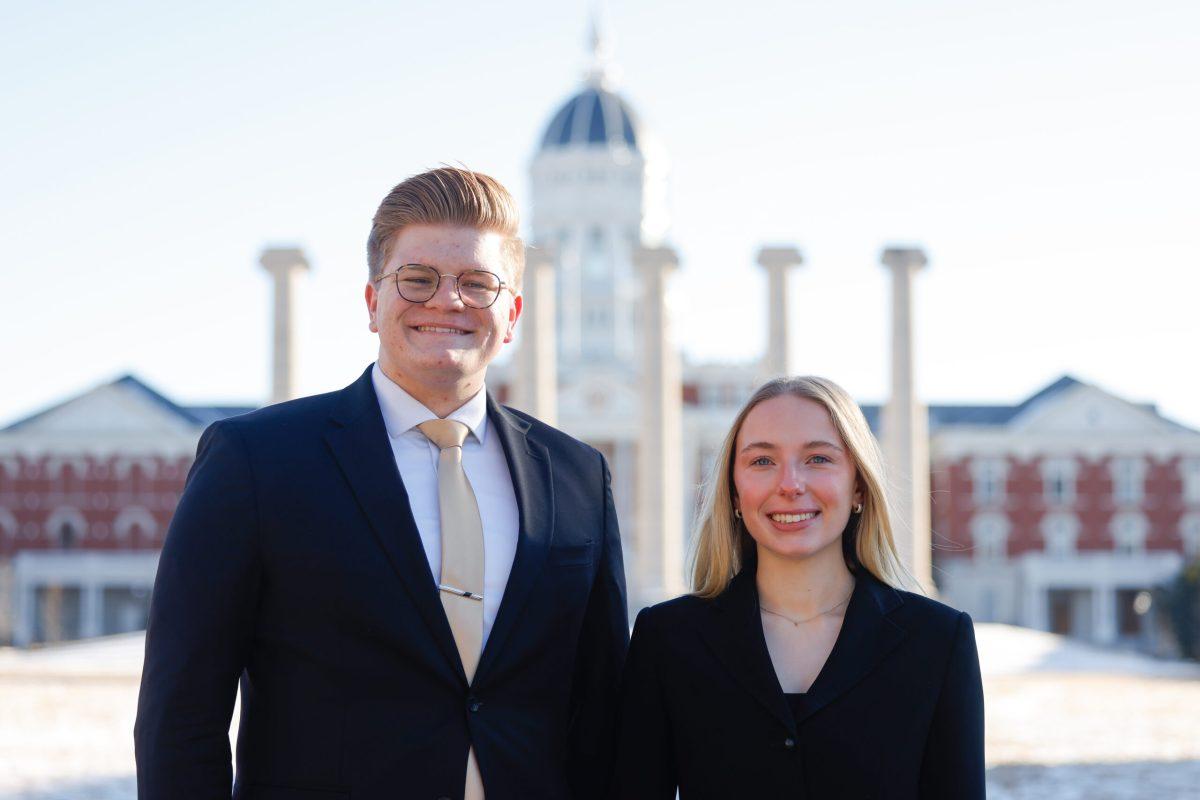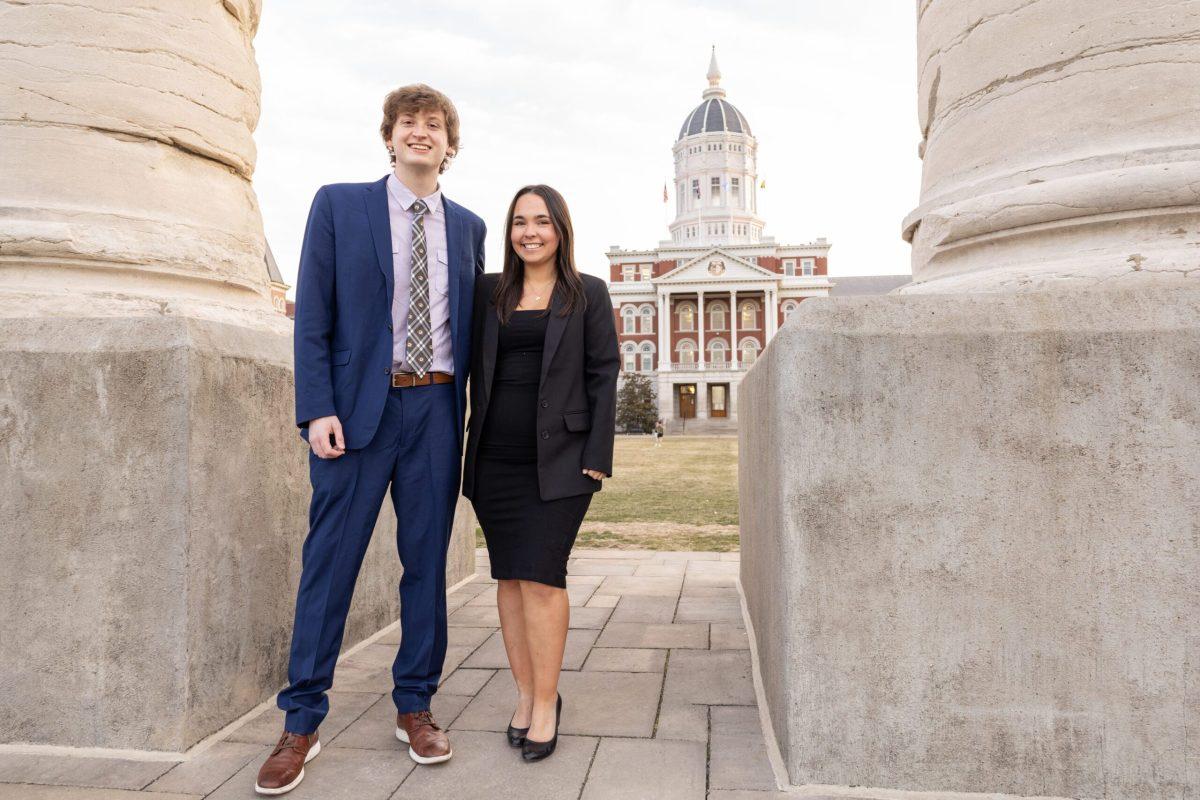For Ryleigh Murray, advocating for students with disabilities is not just a passion. It’s the main focus of her education, career and extra-curriculars.
Murray serves on the Chancellor’s Committee for Persons with Disabilities, is a graduate assistant in the MU Disability Center, interned with the Office of Accessibility and ADA, is the director of national affairs for the Graduate Professional Council and is a full-time student. In every aspect of her life, her primary focus is on improving the lives of people with disabilities.
“If it revolves around disability initiatives, I try and put my voice into it, and at least be that graduate school perspective,” Murray said.
Murray advocates for inclusivity and accessibility for students with disabilities because it has touched her life personally. At 12 years old she was diagnosed with Crohn’s Disease, a chronic health condition. Although it has impacted her life, she hasn’t let it limit her accomplishments.
“Instead of hiding my disability, I started using ‘I am disabled, I am a female with a disability’ as an empowerment,” Murray said.
These experiences have shaped her advocacy work. Her work’s importance comes from her own experiences in her undergraduate years at Missouri State University. During that time, she said, she realized how her life was hindered by her disability.
“I try to now help individuals just like myself who needed it in undergrad when I didn’t know these accommodations existed,” she said. “I’m just trying to be the person I needed when I was in undergrad.”
Murray is now a second-year graduate student pursuing a degree in public affairs with a focus on education and disability policy.
As a graduate assistant at the Disability Center, Murray provides support to undergraduate students who receive accommodations through the office. She meets one-on-one with students who need help finding resources or implementing their accommodations. She also meets with students on a regular basis to work on study skills and self-advocacy.
“I appreciate that Ryleigh is not only involved in our office, but she has really been involved in multiple facets on campus to raise awareness and to advocate for the needs of students with disabilities,” Ashley Brickley, the director of the Disability Center said.
Murray serves on the Chancellor’s Committee for Persons with Disabilities, which focuses on physical and digital accessibility on MU’s campus. As part of the committee, Murray looks at ways staff and faculty should be trained to make their teaching more accessible.
Accessibility is especially important at a time when a large portion of learning is done completely online. During the COVID-19 pandemic, the committee is pushing for faculty to make their Canvas sites accessible to both people with and without disabilities. This includes closed captioning on videos and making sure PDFs are searchable.
“Disability policy and initiatives is not just a good face for the university, but it’s also helping everybody with and without a disability,” Murray said.
COVID-19 has changed the way she works and shifted the focus of her work. Digital workspaces present all-new challenges for people with disabilities along with expanding the way disabilities are viewed in society.
“It’s brought to light how a person with disability has gone through work or higher education or anything in life, and now every able-bodied individual is having to experience that,” Murray said.
She uses the example of working from home. People with disabilities often receive pushback for working from home and are told they must be at work to be productive. Now, many people, both able-bodied and disabled, are working and learning from home which is shifting the dialogue around home productivity.
“Now the able-bodied community is like ‘oh, people with disabilities can actually do this, people with no disabilities can do this as well,’” Murray said.
Murray’s advocacy has not gone unnoticed. She is the recent recipient of the Lee Henson Access Mizzou Award which was awarded to two students who “demonstrated and modeled a commitment over time to improving the inclusion of people with disabilities or the accessibility of Mizzou’s campus and programs.” Though she is getting recognition for her work, that’s not why she does it.
“I do this work because I love it, I’m passionate about it, I identify with it. I’m not purposely going out there to try and win awards,” Murray said. “I’m just doing the work because I love it and I want to.”
Murray’s involvement has a positive impact on those she is advocating for and those she works with.
When Murray finishes graduate school, she wants to work in digital accessibility and disability initiatives. Her focus will be finding ways for “anybody with a disability [to] be very active in society and within their employment by making barriers limited.”
Advocating for people with disabilities is not a temporary interest. Murray will continue advocating for people with disabilities for the rest of her career, she said.
Before Murray leaves MU, however, she has one piece of advice for the university.
“Listen to the student voices. Listen to the faculty and staff that identify within the disabled community,” Murray said. “We’re not just complaining to complain. We’re identifying barriers within our employment, within our higher education … [MU] should take that seriously as a university that sets the tone for the rest of the state.”
_Edited by Joy Mazur | [email protected]_













